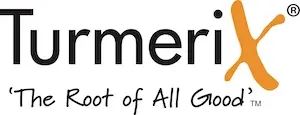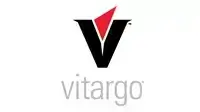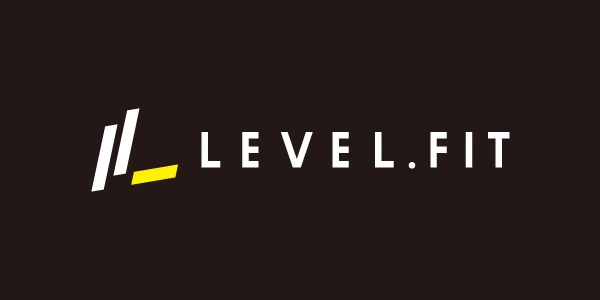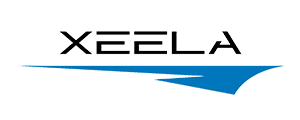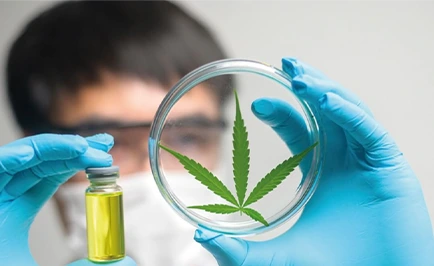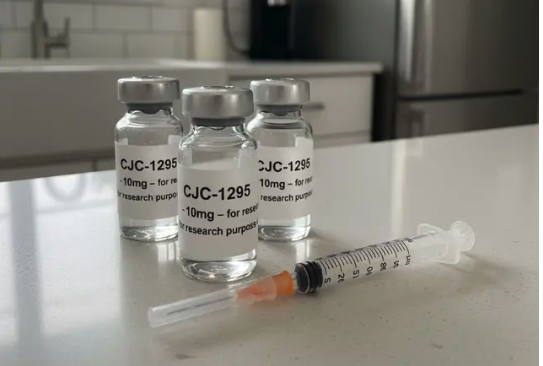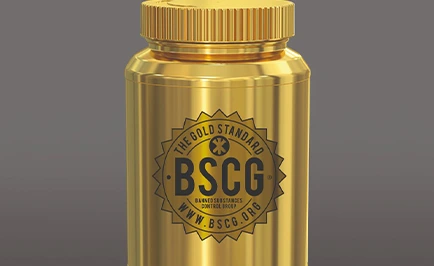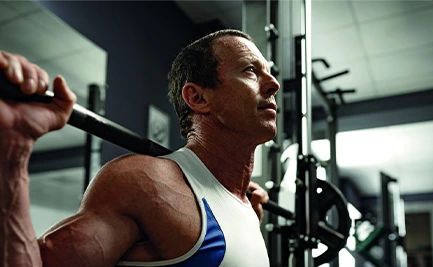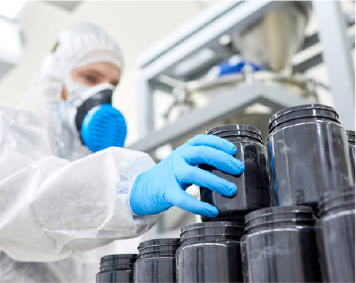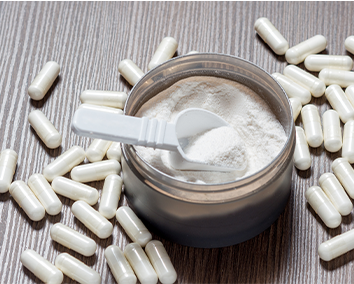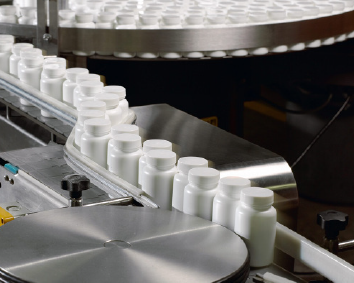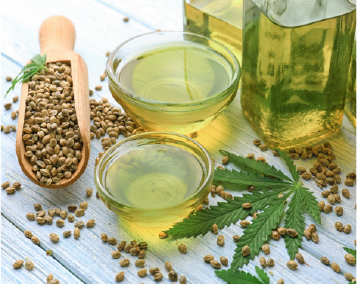NFL Draft: The Supplement Risks for Future Stars
Apr 07, 2025
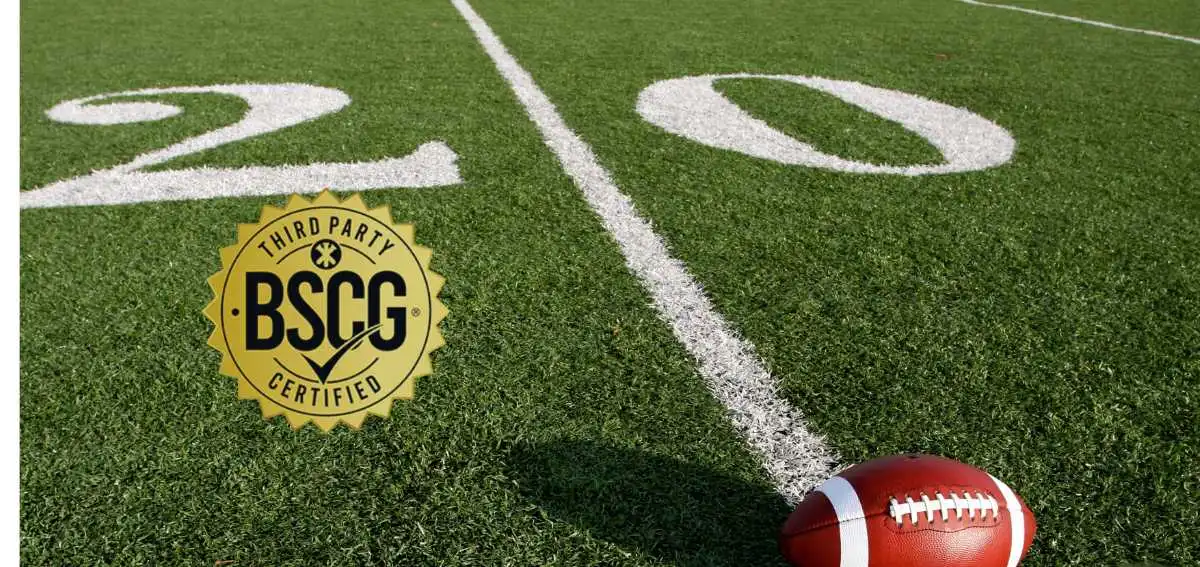
NFL Draft: The Supplement Risks for Future Stars
The NFL Draft is the ultimate launchpad for the up-and-coming talent. It’s a talent show that injects new life into teams, and billion-dollar legacies bet their futures on the next generation. However, it’s also a time to say welcome to the big leagues, where supplements can be a minefield. The NFL is also a realm where strict liability applies when it comes to drug testing, and a contaminated supplement is not a valid excuse in this league. One contaminated pre-workout, a mislabeled recovery drink, or an innocent multivitamin is worse than a dropped pass or a stumble in the 40 as a doping positive is guaranteed to derail a career. It’s happened before, and it will happen again. Just ask veteran players like Tashaun Gipson, who faced a six-game suspension for unknowingly consuming a tainted supplement. You’d like to think he’d know better or have a support network around him to teach him better. Sadly, this isn’t always the case. He’s not the first, and he won’t be the last. As college prospects prepare for the biggest moment of their lives, they need to ask themselves: Is what I’m taking actually safe?
The Hidden Risks in Supplements
Research published in Medicine in Sport and Science found that many retail and online supplements contain steroids and stimulants banned in elite sports. The problem? These substances may not even be listed on the label, leaving athletes completely unaware they’ve ingested something prohibited. Ingesting a performance-enhancing drug the size of a grain of salt or smaller can cause a positive drug test, and that is impossible to find unless the product has screened for banned substances, which is not a required element of supplement industry quality control. This isn’t just an issue for rookies. It is something that can affect seasoned veterans, too. Gipson, a former Pro Bowler, was suspended after testing positive for a banned substance he never intended to take. “During this offseason I took a supplement one time, which I thought to be completely safe and well within any of the NFL’s policies,” he said in a statement. “It was in no way related to performance, training, or gaining an advantage.” The harsh reality? Intent means nothing. Under the NFL’s policy, the presence of a banned substance equals a violation. There are no exceptions. No do-overs. That’s why incoming rookies need to be extra cautious about what they put in their bodies.
NFL’s Evolving Stance on Drug Testing
The NFL doesn’t sit still when it comes to this issue. They recently updated their drug testing policies, modifying punishments and increasing cannabis thresholds, but the consequences for PEDs remain a hot button. While fines for certain violations have been reduced, the league still enforces strict suspensions for performance-enhancing substances. The rules are clear: ignorance will never be a defense. One misstep via a single failed test will drop a player’s draft stock, cost them millions, or even end their career before a helmet goes on the head. For top draft prospects, the stakes couldn’t be higher. A failed test doesn’t just impact their ability to play. It evaporates sponsorships, kills public perception, and they can kiss goodbye to long-term earning potential. The worst part? It can all happen because of one unregulated supplement.
BSCG Certified Drug Free – Testing NFL Players Can Trust
That’s where BSCG Certified Drug Free comes in. Designed for drug-tested athletes, this program provides comprehensive anti-doping protection by screening every finished lot for more than 500 banned substances, the broadest protection available in the industry. Other leading programs don’t test every lot, leaving holes in the protection package. So, NFL players, please make sure you check to ensure your lot has actually been tested. BSCG Certified Drug Free ensures that supplements that carry the gold seal do not contain hidden steroids, stimulants, or other pharmaceuticals that could result in a career-ending failed drug test. BSCG Certified Quality offers annual testing for label accuracy, heavy metals, pesticides, microbiological agents, and banned substances. While this program is not marketed for anti-doping protection due to its yearly testing schedule, it ensures products meet strict quality and compliance standards with quality verified. Athletes and brands looking for comprehensive protection can combine Certified Drug Free and Certified Quality to ensure every lot is tested for banned substances and verify label claims and limits on environmental contaminants. Both programs include an initial certification process that audits GMP compliance and the quality control process to ensure they meet or exceed industry standards.
The Big Picture
With industry-leading banned substance protection against more than 500 banned substances, BSCG is the gold standard in third-party certification. All BSCG certification programs include an initial manufacturing quality control process review, ensuring that raw materials, finished products, and GMP compliance meet rigorous industry standards. Certified Drug Free and Certified Quality also require third-party GMP audits, setting the foundation for product quality, trust, and transparency. A single mistake could cost NFL prospects their draft stock, contracts, and reputation. That’s why top athletes and brands choose BSCG, because if a supplement isn’t certified, it’s not verified, and in pro sports, that’s a risk no player can afford to take.
CAPTION
The NFL Draft is a game-changer. A dream come true. A shot at greatness. But one tainted supplement can turn a future star into a cautionary tale. Even veteran players like Tashaun Gipson have fallen victim to contaminated products, facing suspensions threatening their careers. BSCG Certified Drug Free is the gold standard for supplement safety, testing every lot for 500+ banned substances to protect athletes from inadvertent positive drug tests. When your career is on the line, and strict liability applies, “probably safe” just isn’t good enough. #BSCGCertified #NFLDraft #DrugFreeAthletes #SupplementSafety #ThirdPartyCertified
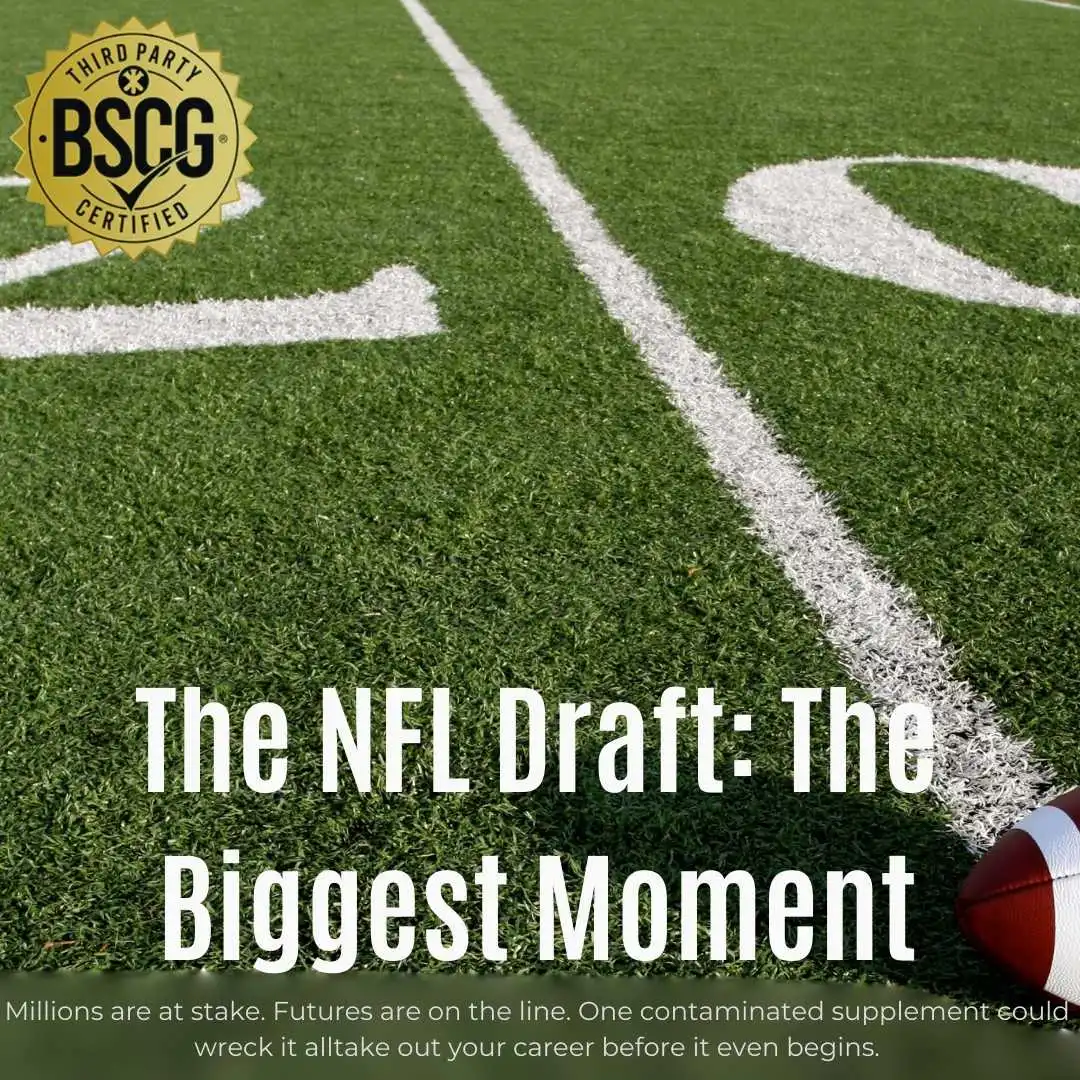
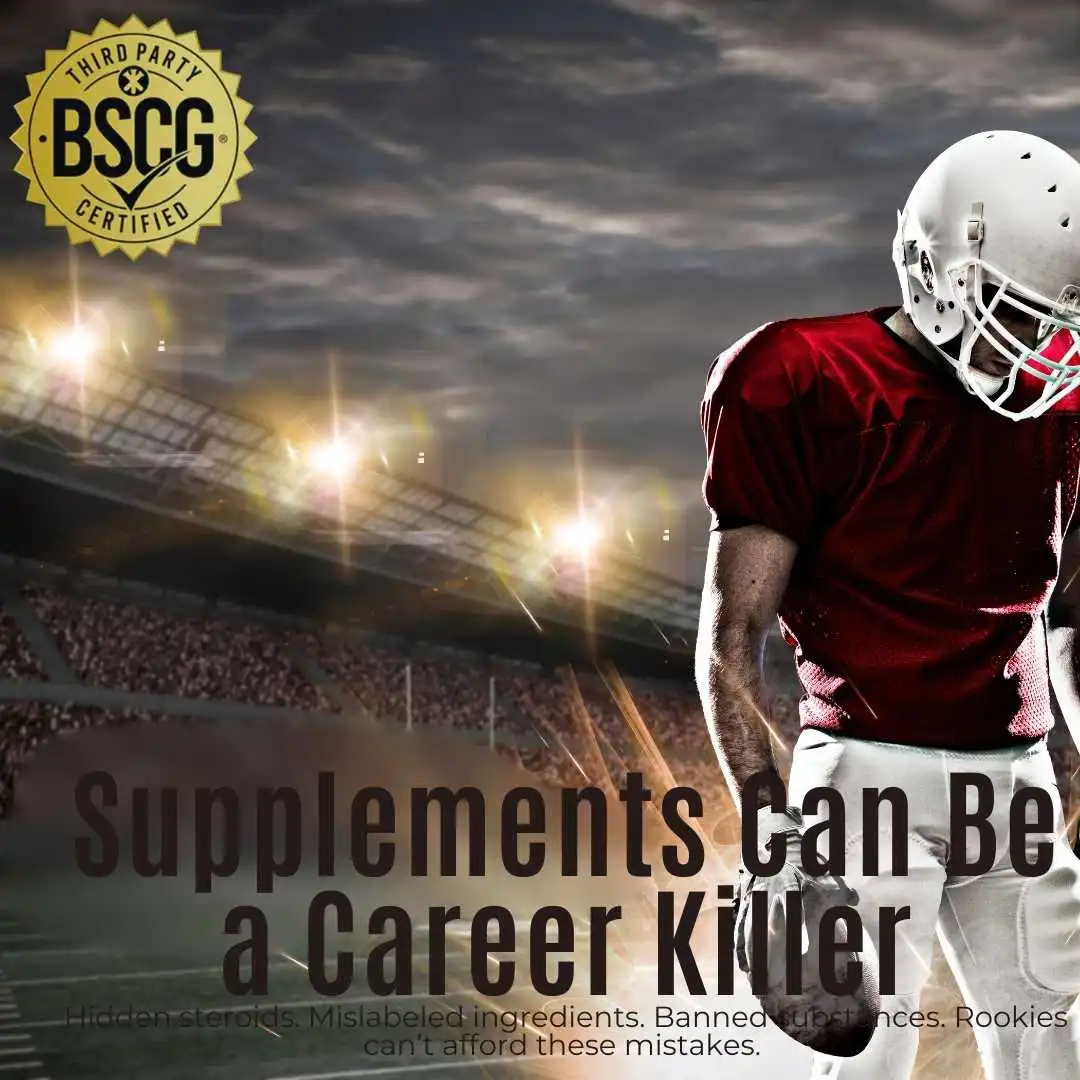
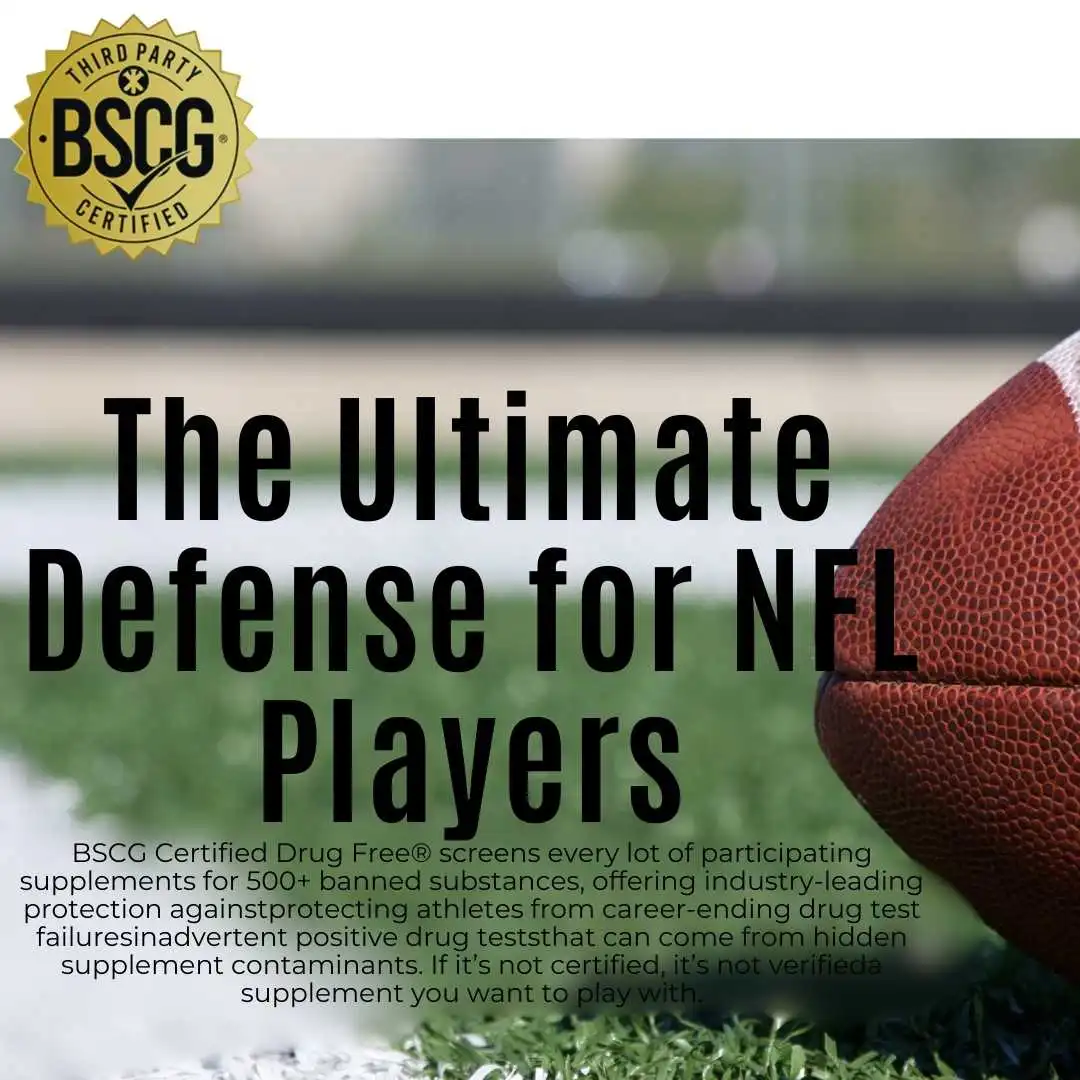
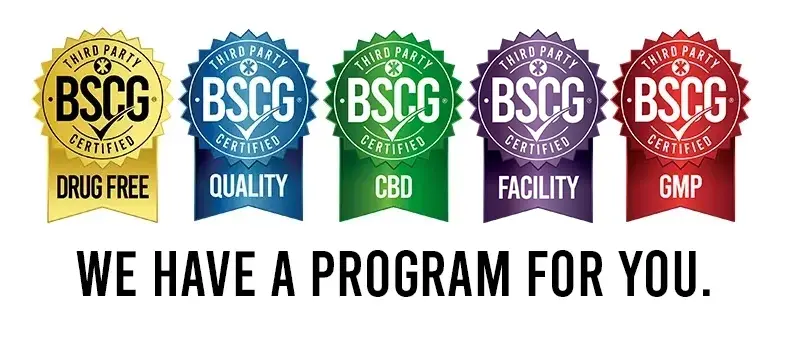


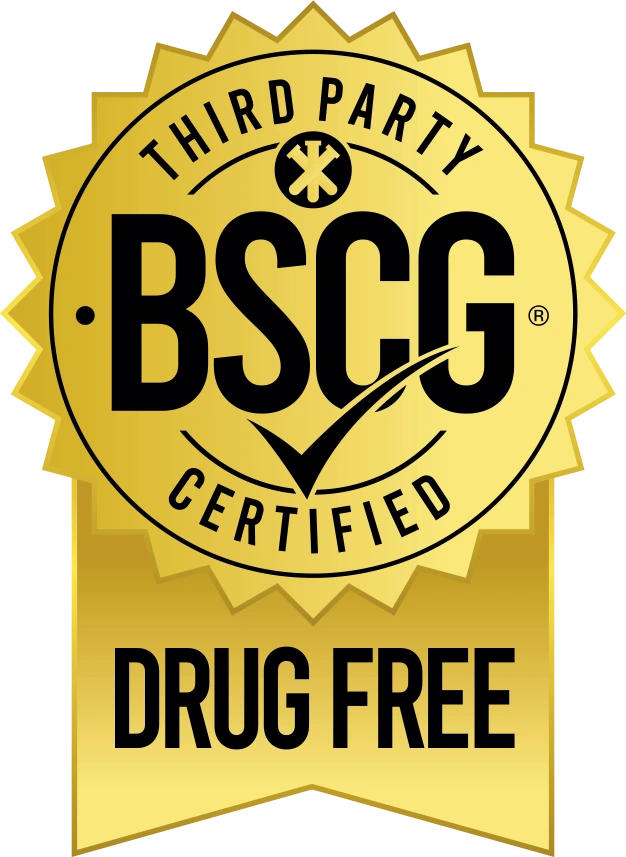
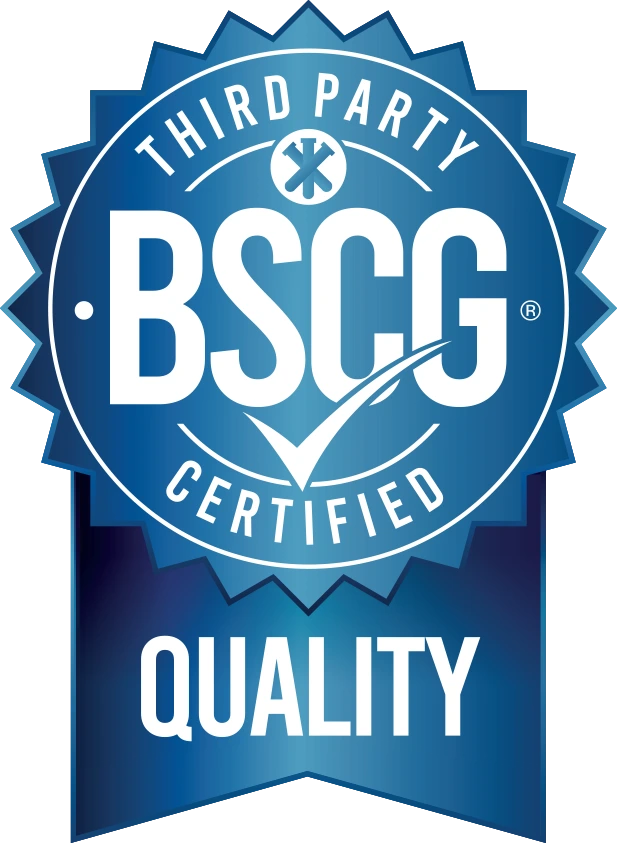
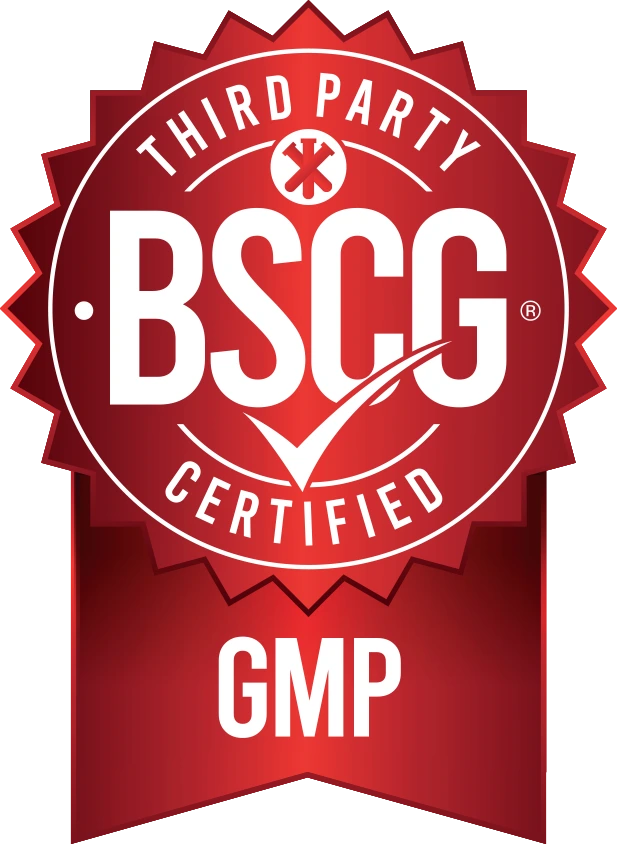
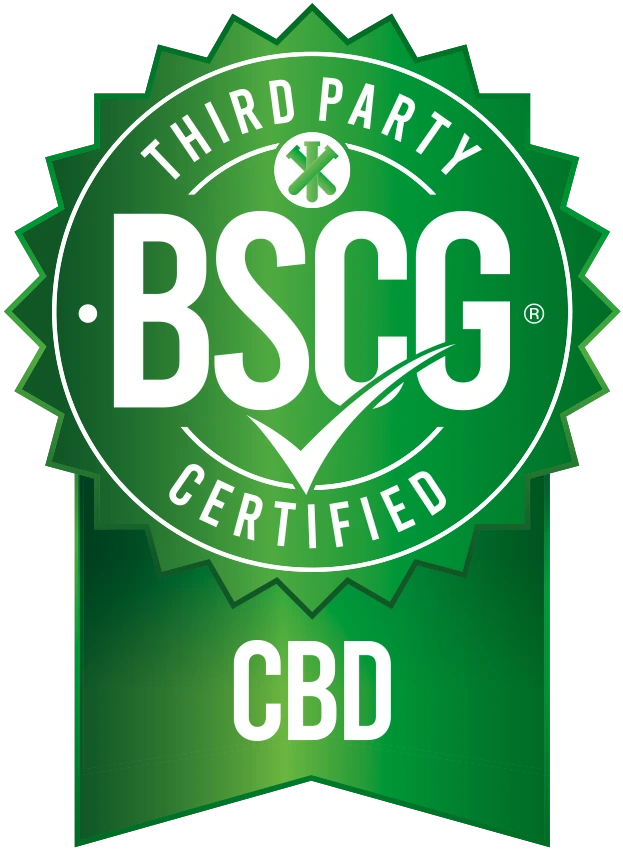
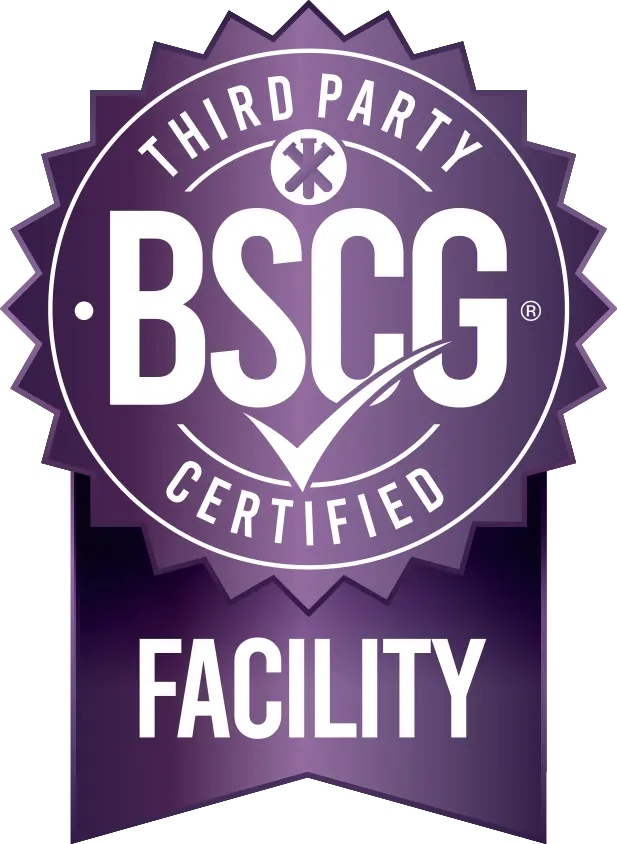


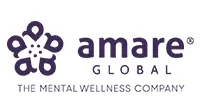
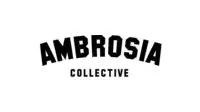
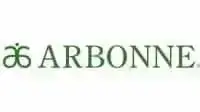
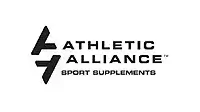
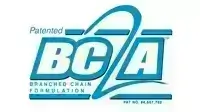
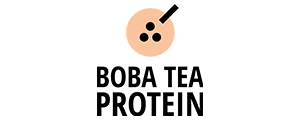
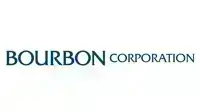
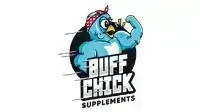
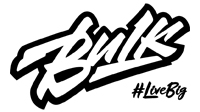

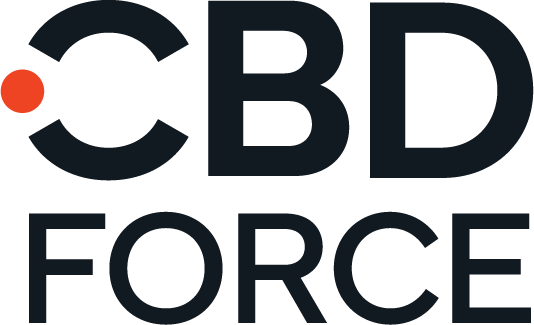
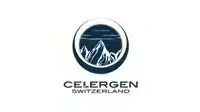
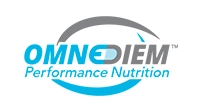
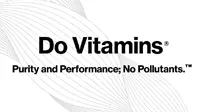
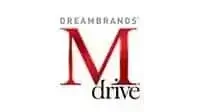
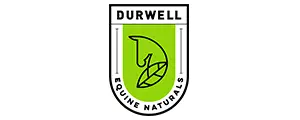

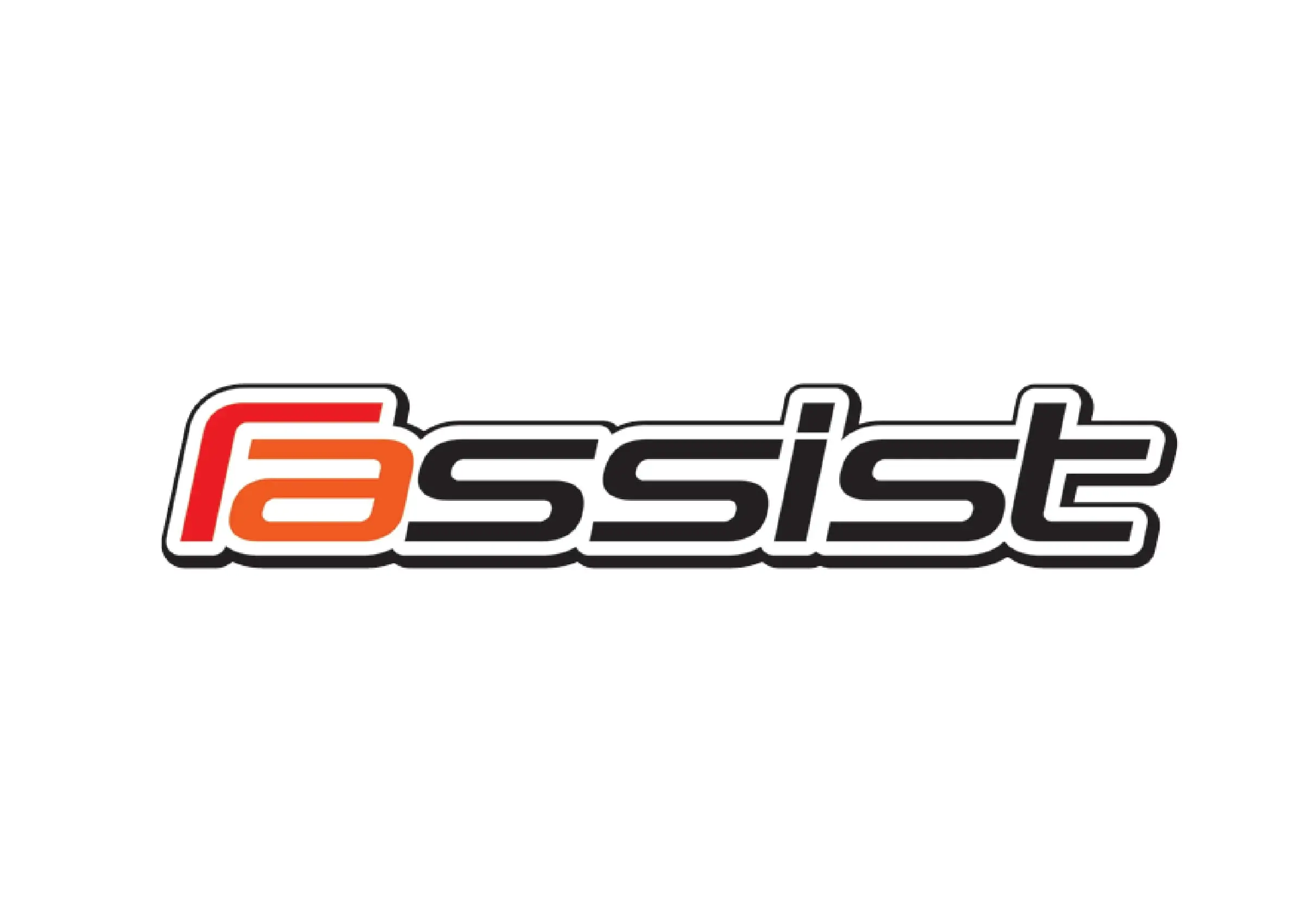
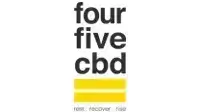
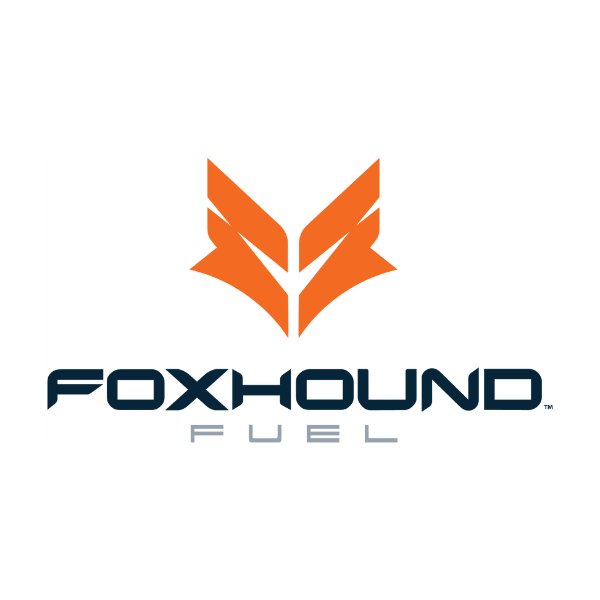
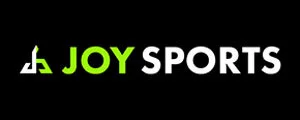
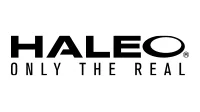

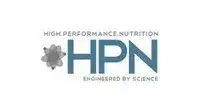
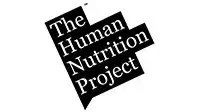


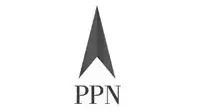

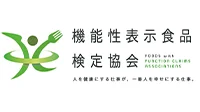
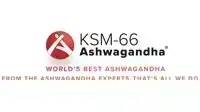
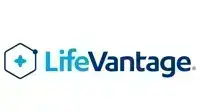




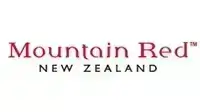
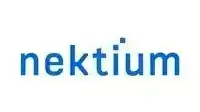

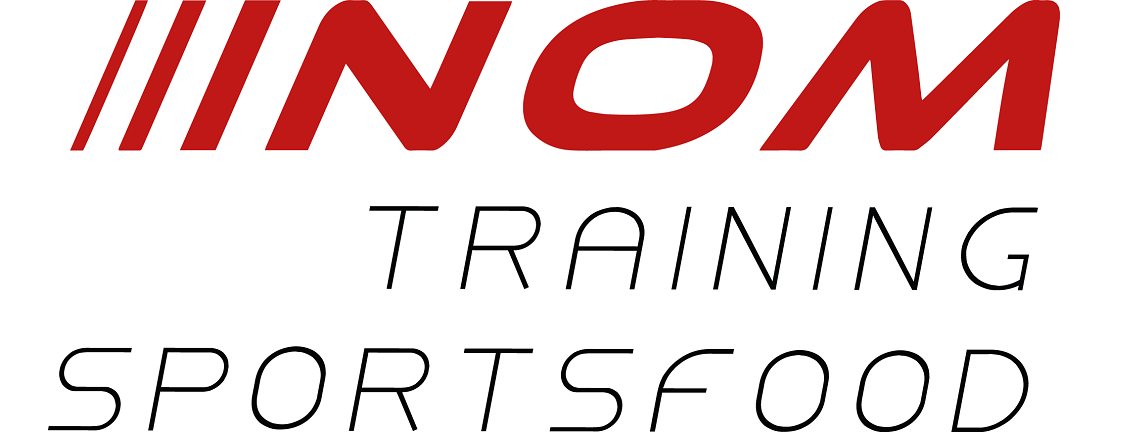
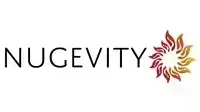
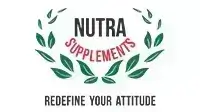


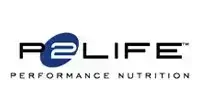
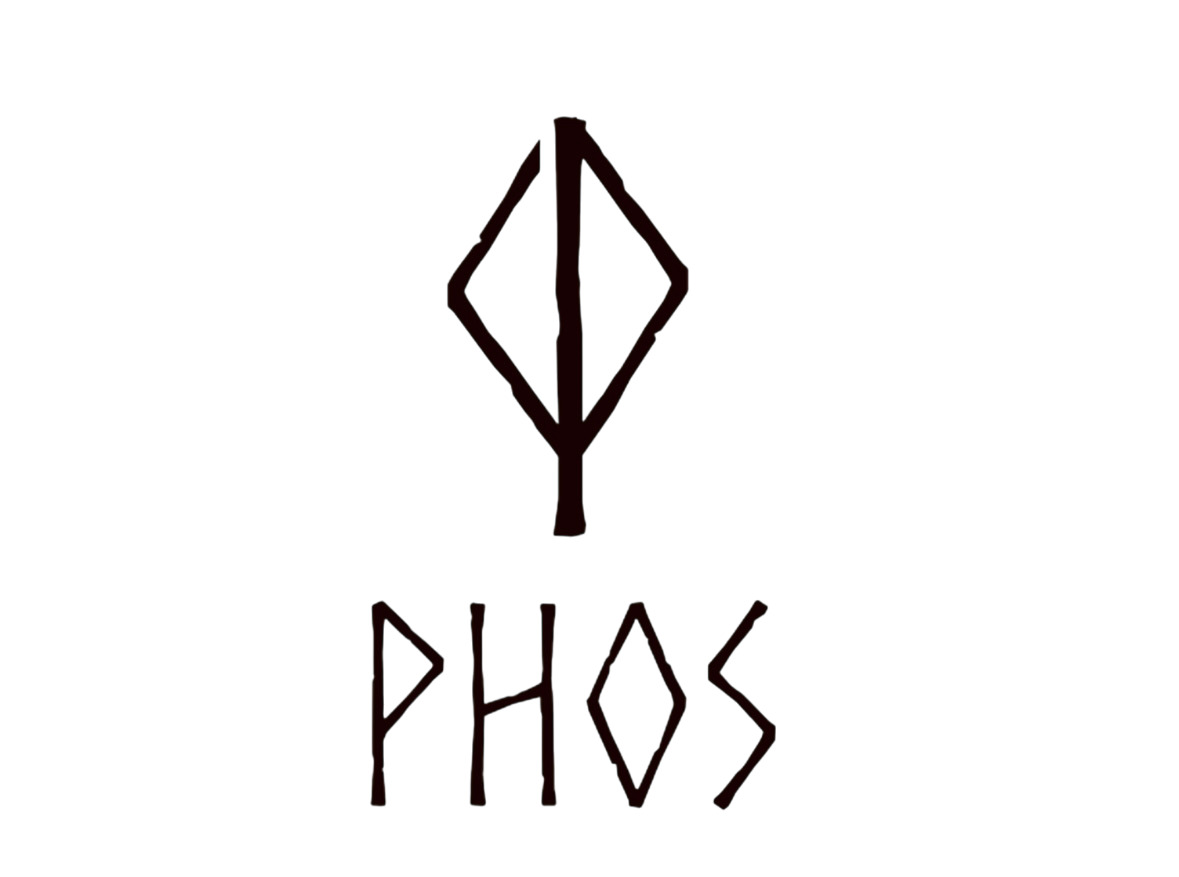


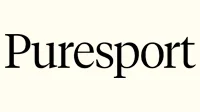


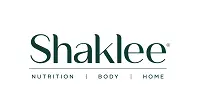

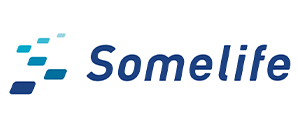
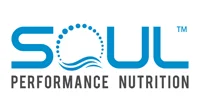

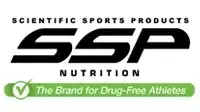

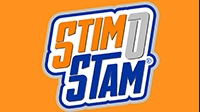
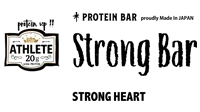
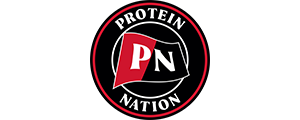


.png)

